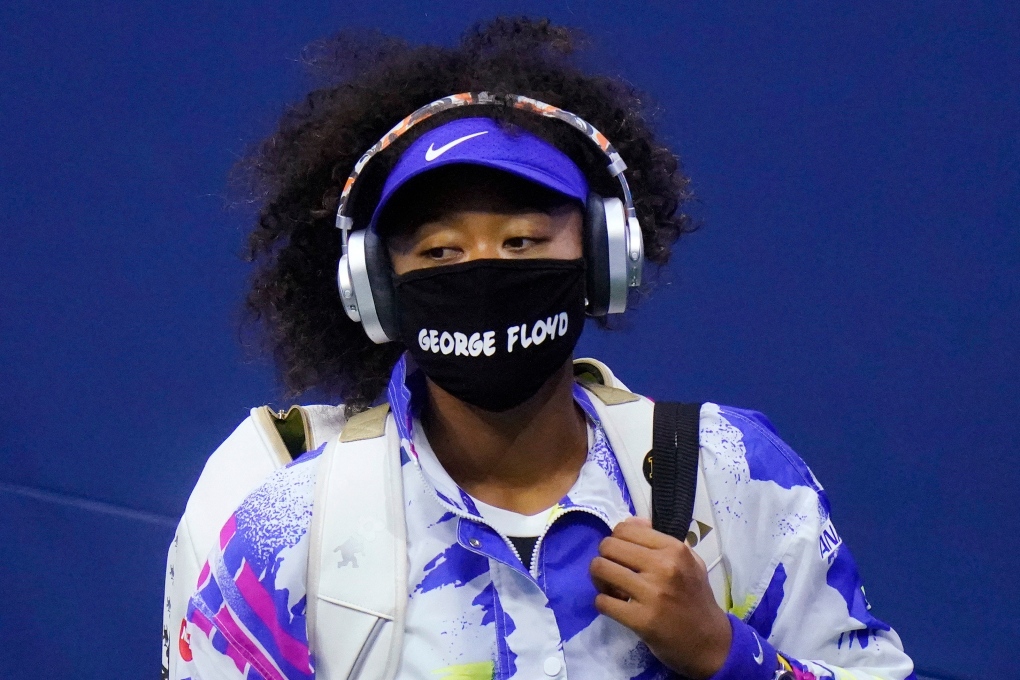I just came across a good article about athletes' mental health, particularly regarding their interactions with the media (per the Naomi Osaka situation). Patrick Chan and Kirsten Moore-Towers offer their perspectives on interactions with the media in figure skating. Also, it is shared that Patrick and his wife, Elizabeth, are going to be having a baby boy in September. 

 www.ctvnews.ca
www.ctvnews.ca

Athletes: Osaka's withdrawal raises important questions on media and mental health
There were times Patrick Chan wanted to march right past reporters after his skate.



 )
)